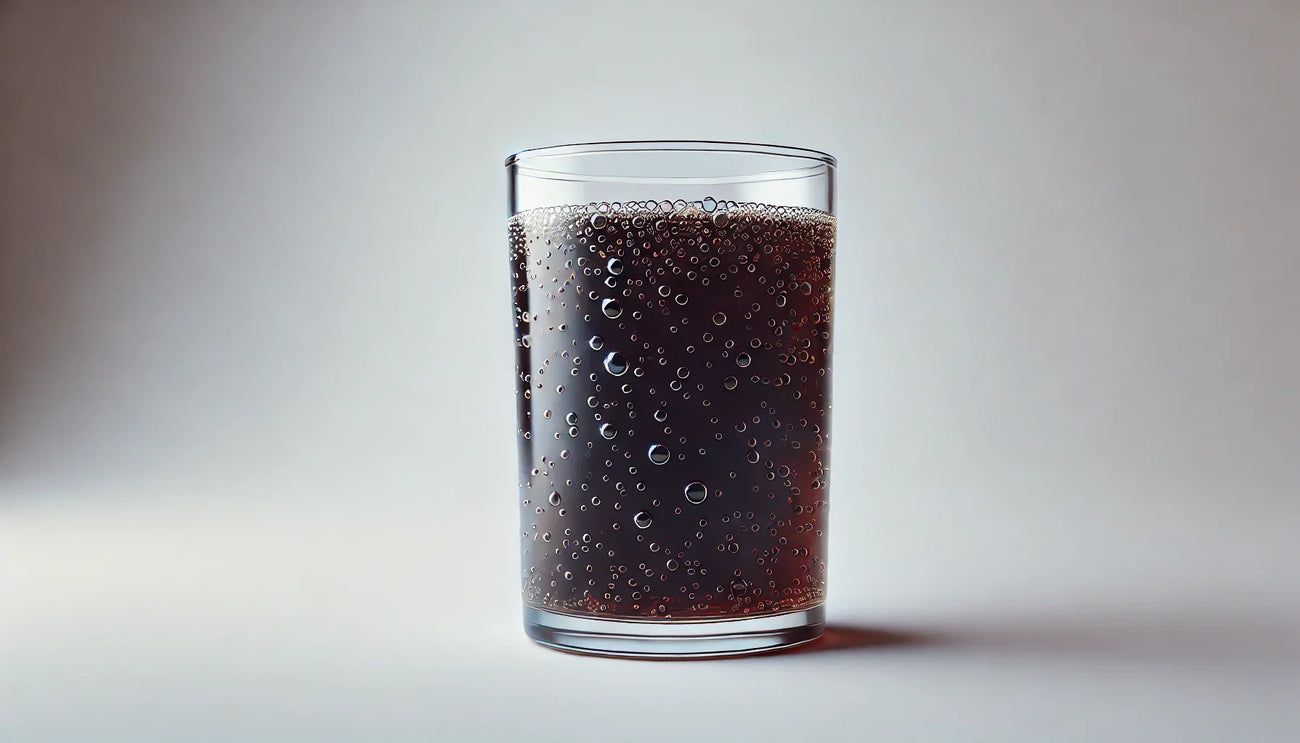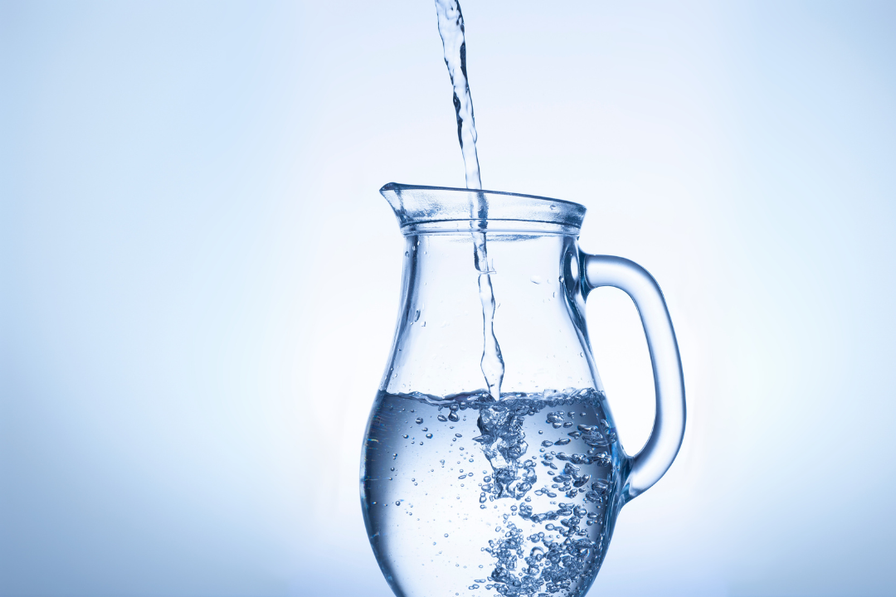
What Does Carbonation Do to Your Body?

What does carbonation do to your body?
Carbonation alone typically has minimal effects; however, it can cause bloating and discomfort for some, and it may worsen acid reflux due to carbon dioxide release. Many sparkling drinks also have added sugars, which can affect dental health; therefore, consuming flavored carbonated beverages in moderation is key.
Carbonated beverages, including sodas, sparkling waters, energy drinks, and flavored seltzers, are favored by many. These bubbly drinks provide a refreshing alternative to plain water, but have you ever considered how carbonation affects your body?
Carbonation is the process of infusing carbon dioxide gas into water or other liquids under high pressure, resulting in a bubbly, fizzy texture. This process not only enhances the drink's mouthfeel but also affects our bodies in several ways.
In this article, we will explore the effects of carbonation on our bodies and its potential implications.
Table of contents
Effects of carbonation on your body
Carbonated drinks encompass a variety of beverages that have been infused with carbon dioxide gas under pressure. This process creates the characteristic bubbles associated with these drinks.
The category includes soft drinks, sparkling waters, flavored sodas, and even alcoholic beverages like champagne and beer.
The effects of each drink can vary greatly, as each carbonated beverage contains more than just carbonation; however, the main effect of just carbonation alone is simple:
Potential increased gas production
Carbonated beverages introduce carbon dioxide into the digestive system, which can lead to an increase in gas production. A study published in the American Journal of Gastroenterology found that carbonation can lead to bloating and discomfort in sensitive individuals.
The impact that carbonation has on the digestive system is a primary concern for those who struggle with IBS, GERD, and other digestive disorders, as it can worsen the symptoms and may cause increased pain.
Although the digestive issues in carbonation are typically mild and many don't experience any strange symptoms whatsoever, it is still important to mention those who are compromised due to previous diagnoses.

Acid reflux
Acid reflux occurs when stomach acid flows back into the esophagus, often resulting in discomfort and symptoms such as heartburn.
Carbonated beverages can exacerbate acid reflux issues due to the carbonation process, which may lead to increased pressure in the stomach. This pressure can push stomach contents, including acid, into the esophagus more easily.
Some carbonated drinks, especially those that are caffeinated or contain high levels of acidity, can further irritate the esophagus and worsen symptoms.
For individuals prone to acid reflux, it may be beneficial to limit or avoid carbonated drinks altogether to prevent complications and discomfort.
Related read: Does Carbonation Harden Your Ovaries?
Effects of other ingredients found in carbonated drinks
Knowing that carbonation itself is simply carbon dioxide, it's clear that the potential effects are slim to none, especially if you do not suffer from digestive issues. Some people have even wondered if you can be allergic to carbonation, which is also extremely unlikely and linked to sulfites more than CO2.
In fact, many of the other ingredients found in carbonated drinks, such as sugar and artificial sweeteners, are more likely to have a greater impact on the body. Let's address these possible effects as they should be greatly considered beyond the concern for carbonation.

1. Impact on dental health
The acidity of carbonated drinks can contribute to enamel erosion.
According to research from the Journal of Dentistry, frequent consumption can lead to significant dental issues over time, with soft drink drinkers experiencing up to 60% more tooth decay than non-consumers.
Not all carbonated beverages contain highly acidic ingredients though, such as plain sparkling water. Although sparkling water is lower in pH levels compared to still water typically consumed daily, the effects on tooth decay have been debunked as sparkling water has shown to have the same effect over time as regular water–making it a completely safe and healthy alternative to sugary and acidic sodas.
2. Effect on bone health
Some studies suggest that high consumption of carbonated soft drinks may be linked to lower bone mineral density in women.
An investigation in the Journal of Nutrition found that cola consumption was negatively associated with bone health. This is due to the high levels of phosphoric acid found in colas, which can lead to calcium loss and weaken bones over time.
As common soda drinks are typically famously known for their bubbly presence, it's easy for people to assume the negative impact is from carbonation alone. This is why it's incredibly important for individuals to read nutrition labels to fully understand what they are ingesting before jumping to conclusions about the culprit.

3. Contribution to obesity
Unlike the popularity surrounding sparkling water being renowned for an aid in weight loss, the consumption of sugary carbonated drinks, such as energy drinks and soda drinks, is a known factor contributing to weight gain. This is due to the high amounts of sugar and empty calories found in these drinks.
According to research from Current Opinion in Clinical Nutrition & Metabolic Care, carbonated drinks increase overall energy intake and may lead to weight gain in both adults and children.
4. Potential for caffeine overconsumption
Many carbonated beverages contain caffeine, which, in excessive amounts, can cause an increased heart rate and jitters. This poses risks for individuals with heart conditions or those sensitive to caffeine.
Being aware of the caffeine content in these drinks is crucial, and moderating intake is particularly important for children and pregnant women.
5. Hydration factors
While carbonated drinks can provide hydration, such as plain sparkling water–an excellent choice for hydration, beverages high in sugar and caffeine may not be as effective.
The European Journal of Clinical Nutrition indicates that while carbonated water can aid in hydration, additives in sodas could lead to increased thirst and dehydration. It's important to be mindful of this when choosing carbonated drinks as a source of hydration.

Summary
Carbonated drinks, including soft drinks and sparkling waters, can impact health in various ways. Sparkling water can even have a host of potential health benefits such as aiding in digestion and hydration.
While carbonation itself typically poses minimal concerns, other ingredients like sugar, caffeine, and acidity can lead to dental issues, bone health problems, obesity, and dehydration.
Awareness of these factors is crucial for making informed beverage choices.
Recommended reading

How to Give Back During Thanksgiving 2025
Key takeaways Thanksgiving is a time to express gratitude and share with those in need. From volunteering at local shelters to donating food and essentials, there are numerous ways to give back to...

What Are the Health Benefits of Sparkling Water?
Summary Sparkling water isn't just a refreshing drink—it comes with surprising health benefits too. From aiding digestion to improving hydration, discover how sparkling water can be a healthy addi...

Is it Safe to Drink Distilled Water?
Can you drink distilled water? Yes, you can drink distilled water. While it is safe to drink, the lack of minerals may make it less beneficial for regular consumption compared to mineral-rich wate...